Construction Loan
Learn about construction loans in Canadian real estate — how they work, who uses them, and their role in development financing.
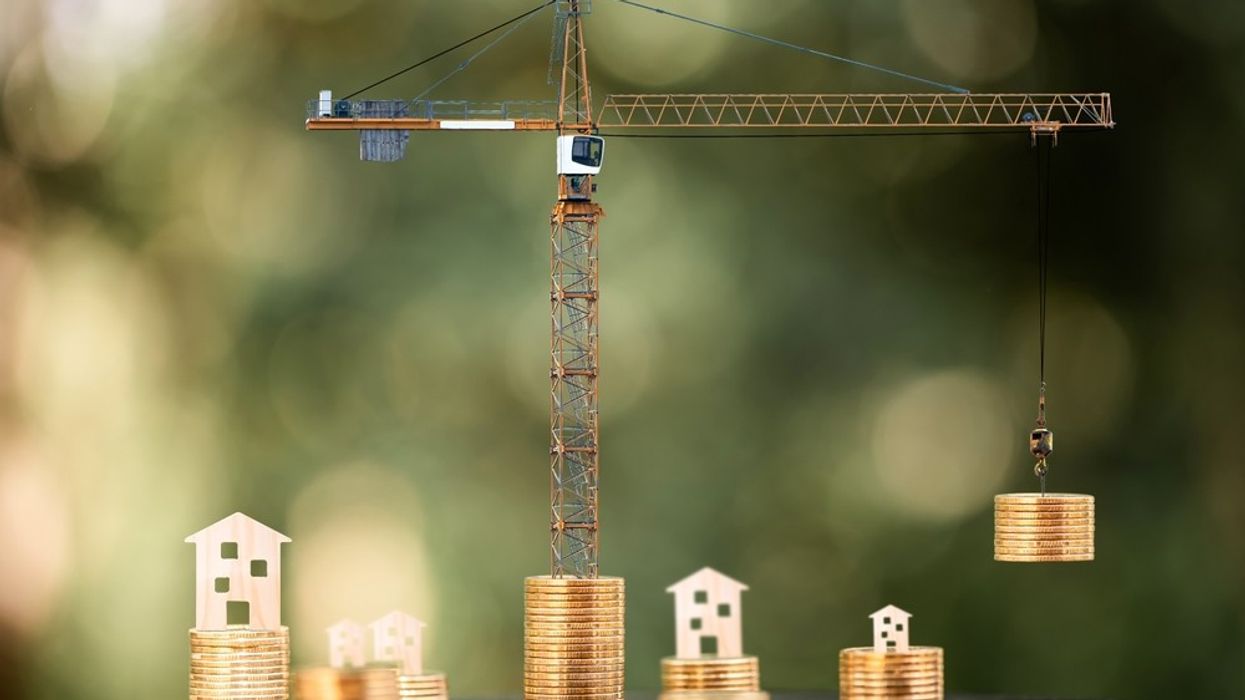
July 11, 2025
What is a Construction Loan?
A construction loan is a short-term, interim financing option used to fund the building or major renovation of a property, with funds disbursed in stages as work progresses.
Why Construction Loans Matter in Real Estate
In Canadian real estate development, construction loans provide liquidity during the build phase and are typically replaced with permanent financing at completion.
Key features:
- Interest-only payments during construction
- Draw schedule tied to inspection milestones
- Higher risk, higher interest rates
Understanding construction loans helps builders, developers, and lenders manage financing risk and cash flow.
Example of a Construction Loan in Action
The developer secured a construction loan to fund the phased build of a 20-unit townhouse project, with draws released after inspections.
Key Takeaways
- Funds new construction or major renovation
- Short-term, interest-only during build
- Replaced by permanent loan at completion
- Disbursed in stages tied to progress
- Involves higher risk and lender oversight
Related Terms
- Permanent Financing
- Loan-to-Value Ratio (LTV)
- Refinance
- Mortgage
- Draw Schedule
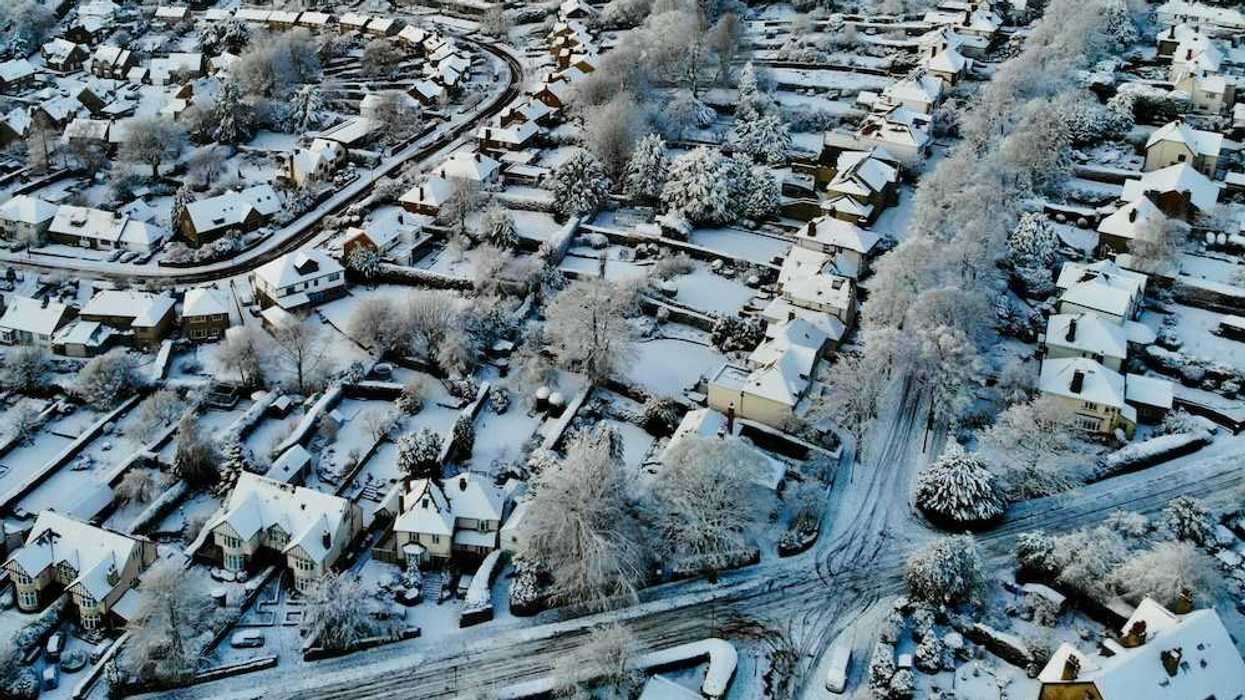
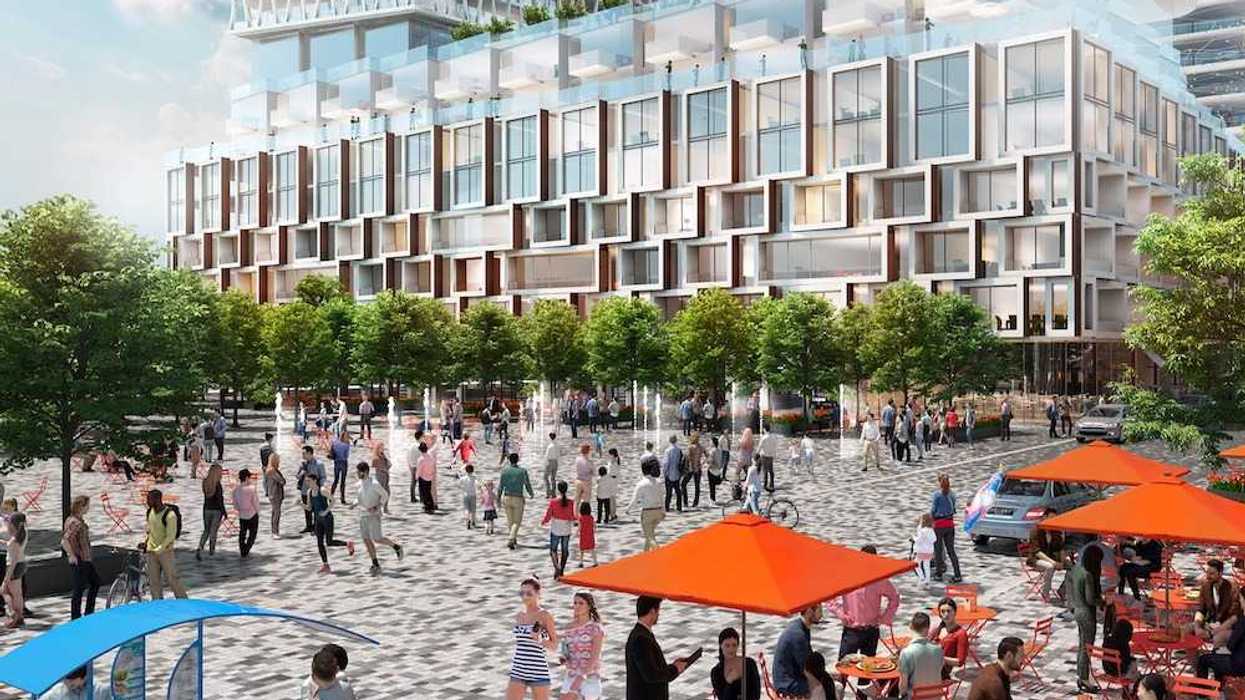
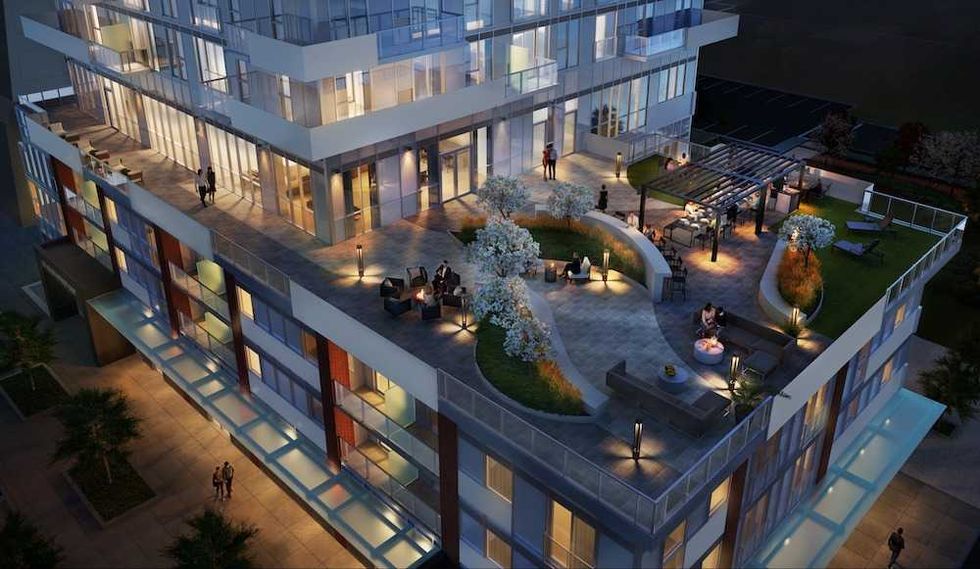 205 Queen Street, Brampton/Hazelview
205 Queen Street, Brampton/Hazelview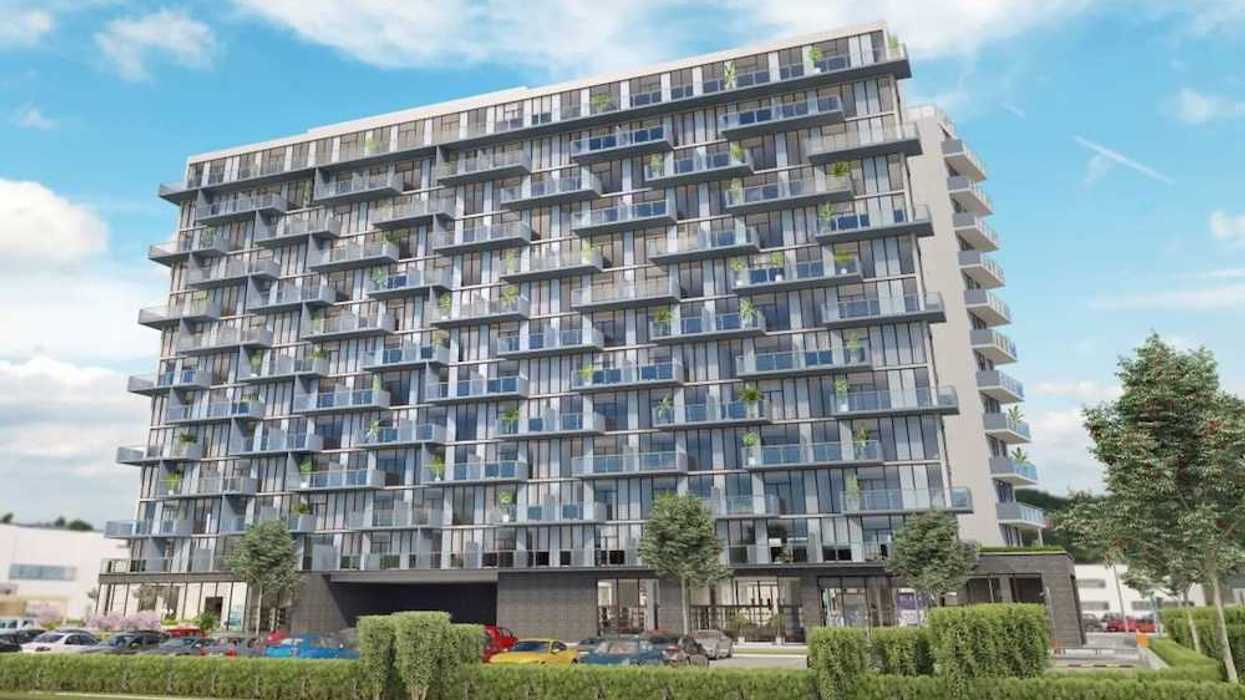




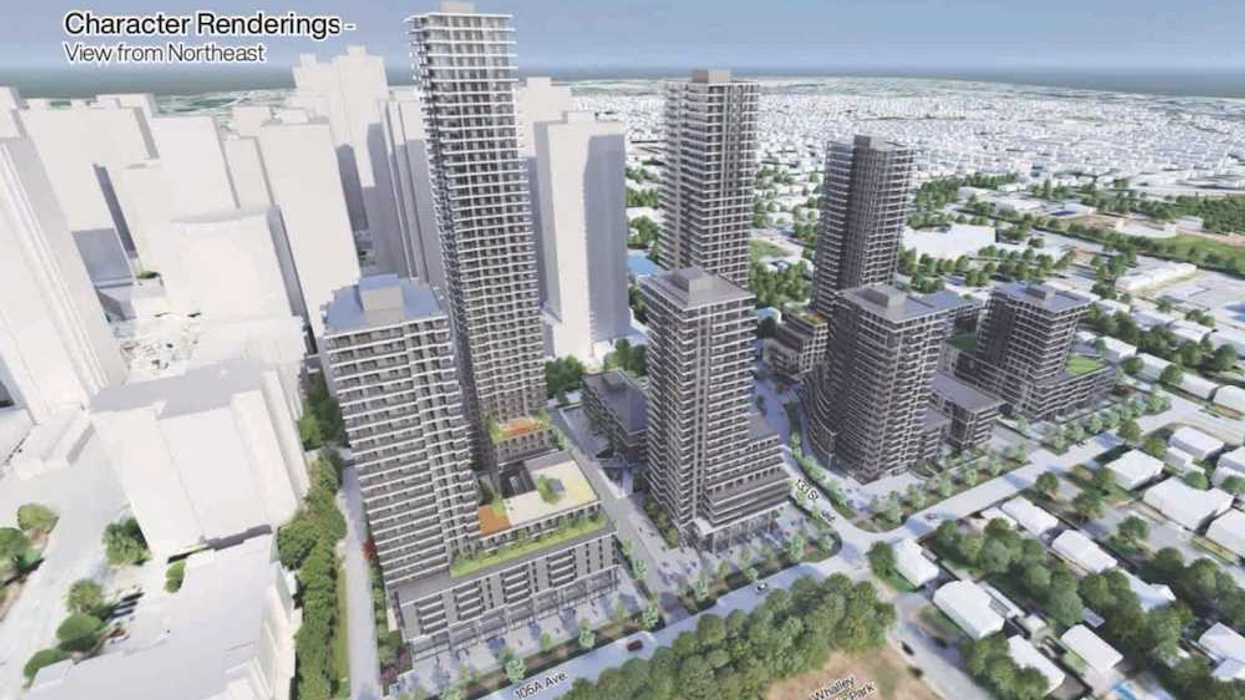


 CREA
CREA
 Liam Gill is a lawyer and tech entrepreneur who consults with Torontonians looking to convert under-densified properties. (More Neighbours Toronto)
Liam Gill is a lawyer and tech entrepreneur who consults with Torontonians looking to convert under-densified properties. (More Neighbours Toronto)

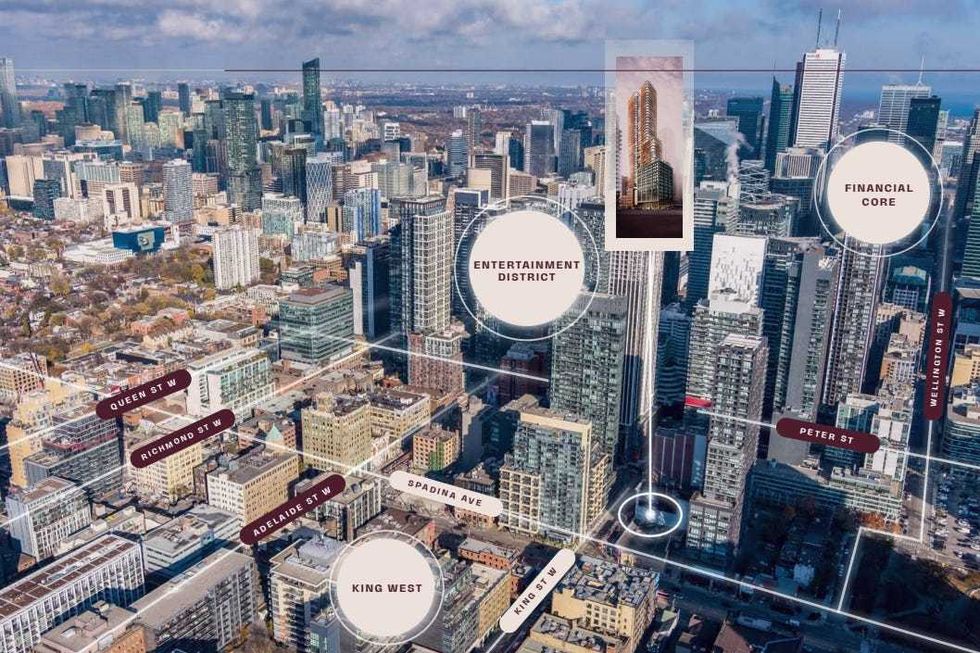 401-415 King Street West. (JLL)
401-415 King Street West. (JLL)
 Eric Lombardi at an event for Build Toronto, which is the first municipal project of Build Canada. Lombardi became chair of Build Toronto in September 2025.
Eric Lombardi at an event for Build Toronto, which is the first municipal project of Build Canada. Lombardi became chair of Build Toronto in September 2025.